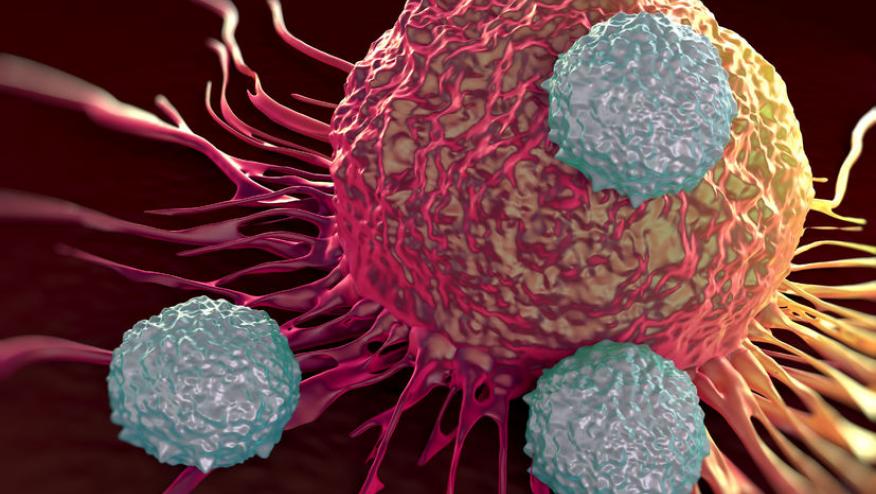Mucosal Disruptions as Initiators of Rheumatoid Arthritis Save

Many have suggested that microbiome and mucosal disruptions are contributors to autoimmunity, especially rheumatoid arthritis (RA). This is partly represented in what is known as the "mucosal hypothesis" to RA. A current review article by Hollers, et al. addresses how distinct mucosal endotypes can serve as drivers or initiators of RA.
An abnormal autoimmune state (exemplified by ACPA, rheumatoid factors, other autoantibodies) may exist for years before the onset of signs and symptoms of inflammatory arthritis. While there is compelling support for environmental triggers, mucosal inflammatory events have been identified as drivers of this process. Examples include:
- At-risk individuals demonstrating pulmonary mucosal inflammation with local production of ACPAs and rheumatoid factors
- Individuals at-risk have faecal bacterial strains that exhibit arthritogenic activity in animal models and favours T helper 17 (TH17) cell responses
- Periodontal inflammation and oral microbiota leading to breaches in the mucosal barrier that furthers autoimmunity
- Studies of the lung, gut and oral or periodontal regions have identified immune and microbial alterations at mucosal that are distinctly different in individuals at-risk of RA or with pre-RA
- It is unclear how changes at these mucosal sites leads to a loss of tolerance
The authors believe these mucosal endotypes that can contribute to the evolution to RA. Efforts to prevent the development of RA have thus far, primarily relied upon commercially available targeted immunotherapies, without considerating how to target mucosal endotypes and their mechanisms of disease.











If you are a health practitioner, you may Login/Register to comment.
Due to the nature of these comment forums, only health practitioners are allowed to comment at this time.